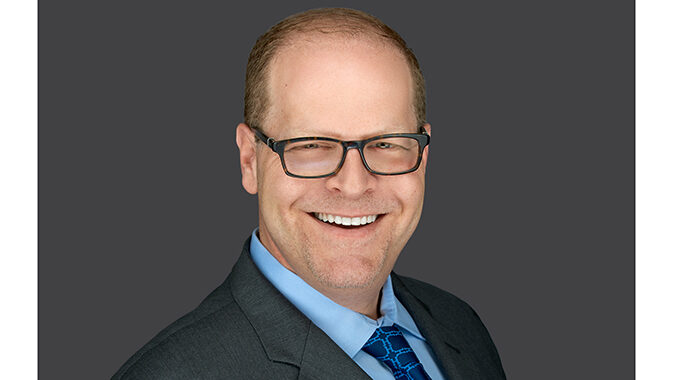–by Mitchell Taraschi, Esq.–
Within the last year, the Appellate Division of New Jersey has handed down two decisions that have bolstered the power of New Jersey’s Prompt Payment Act (the “PPA”). As such, it is critical that owners, contractors and subcontractors are keenly aware of both the remedies granted under the PPA and the potential pitfalls for non-compliance.
In the first case, a court ruled that the PPA requires an award of attorneys’ fees for violations of the PPA even when the amount of attorneys’ fees is disproportionately high compared to the amount of the invoice at issue. In this case, the plaintiff was seeking to recover $30,500 in unpaid invoices, and $104,670.51 in attorneys’ fees and costs expended to recover the $30,500. The court awarded the plaintiff the sum of $135,170.51.
The court held that the PPA is a “fee-shifting” statute designed to “ensure that contractors and subcontractors receive full payment for their work promptly on completion.” The court noted the attorney fee provision is predominantly a “deterrent.” Without the fee shifting requirement, contractors and subcontractors might not try and recover amounts owed due to the high cost of litigation.
In the second case, the Appellate Division held that even where there is clearly a dispute over the amount owed, failure to comply with the requirements of the PPA entitles the party seeking payment to the full amount sought, together with interest and attorneys’ fees and costs.
In this case, the plaintiff, a subcontractor, performed various services for a general contractor and submitted its invoices. However, the general contractor failed to object to amounts in dispute in writing within 20 days of receipt of the invoice. Even though the general contractor disputed the invoices because it did not do so in writing within 20 days, the subcontractor was awarded the full amounts sought, plus interest, attorneys’ fees and costs.
The court made clear that disputes over the amounts actually owed are irrelevant once the PPA has been violated. The construction industry is now on notice that New Jersey courts will strictly apply and enforce the terms of the PPA. As such, owners, contractors, subcontractors, and sub-subcontractors must be aware of the requirements of the PPA.
For those seeking payment for services, it is critical to know your rights under the PPA, when a violation has occurred, and to what damages you are entitled if payment is not received in a timely fashion. For those hiring contractors and subcontractors, it is critical to understand the time limits and proper methodology for disputing invoices to ensure you do not unknowingly violate the PPA and not only lose your defenses to an inflated invoice but also end up paying for attorneys’ fees and costs in addition to the outstanding invoice.
About the author: Mitchell Taraschi is a partner at Connell Foley LLP, where he serves as co-chair of the firm’s Construction Law Group.




